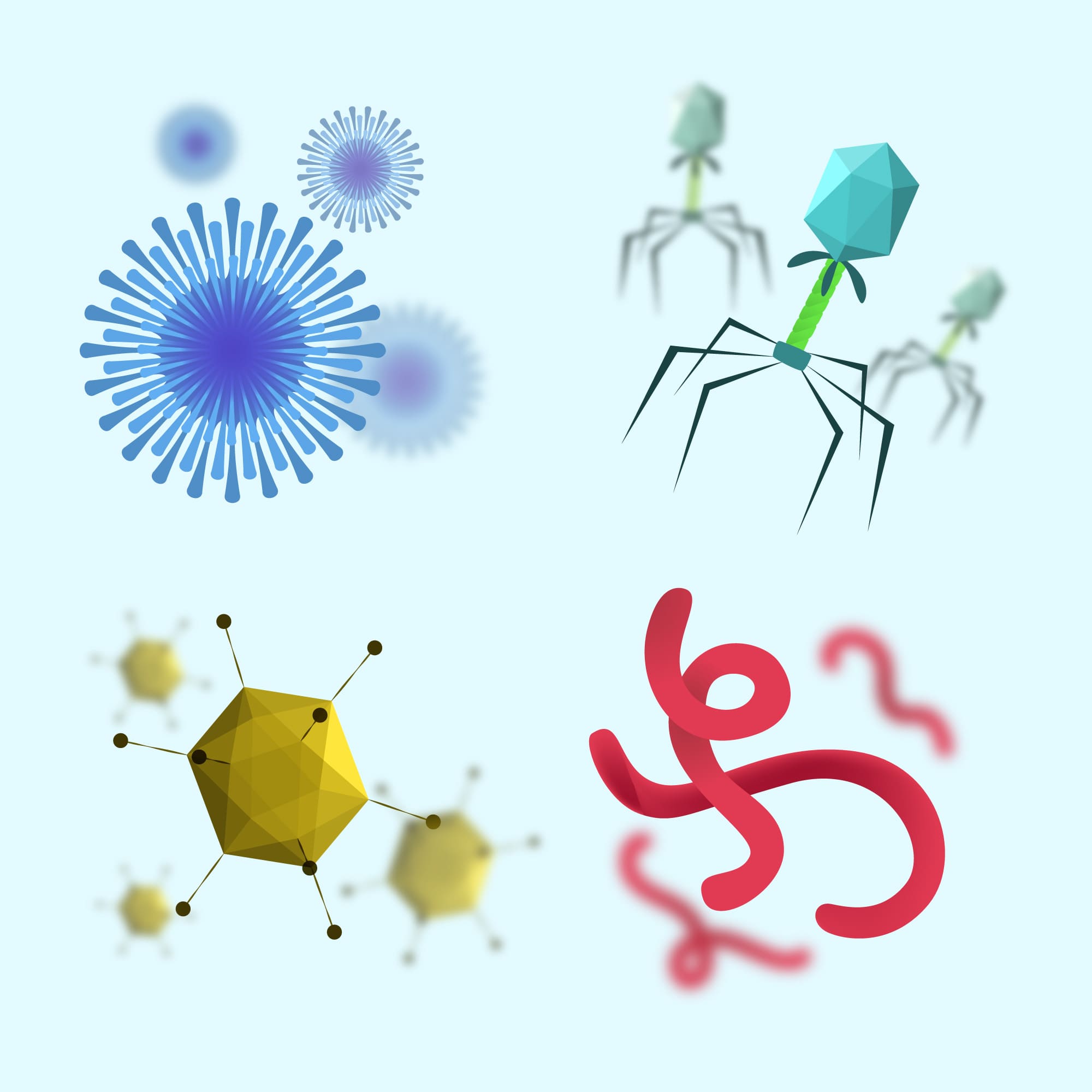Antibiotic resistance is rapidly becoming one of the biggest challenges in modern medicine. As bacteria evolve and develop immunity to conventional drugs, the search for effective alternatives is more urgent than ever. Enter bacteriophages. These viruses, known as phages, have the unique ability to infect and destroy specific bacteria, presenting a fresh perspective in the medical field and reinvigorating interest among researchers and healthcare professionals. The concept of using phages to treat bacterial infections dates back to the early 20th century, but it is only now, with the growing antibiotic resistance crisis, that phages are regaining the spotlight. Researchers from the University of Helsinki have successfully employed phage therapy to combat multi-drug resistant infections. Their recent work highlights how tailored phage applications can precisely target bacterial pathogens without the detrimental side effects associated with broad-spectrum antibiotics. Such studies have sparked global interest, making phages a hot topic in scientific discourse and reigniting debate about their role in future medical treatments. Learn more about phage therapy.
The Science Behind Bacteriophages
Bacteriophages are astonishingly precise when it comes to targeting bacteria. Unlike antibiotics, which can wipe out both harmful and beneficial bacteria, phages act exclusively on their intended bacterial hosts. Each phage is highly specific, often infecting only a particular species or strain of bacteria. This specificity not only enhances their effectiveness but also minimizes collateral damage to the body’s beneficial microbiota, reducing the risk of secondary infections. The life cycle of a bacteriophage begins with attachment to the bacterial cell surface, where it injects its genetic material and hijacks the cell’s machinery to replicate itself. This replication process culminates in the bursting of the bacterial cell, releasing new phages ready to infect additional bacteria. This inherent capability positions phages as powerful antibacterial agents capable of dynamically responding to bacterial population changes.
Current Research and Clinical Trials
Contemporary research on phages is rapidly expanding, evidenced by numerous clinical trials aiming to establish their efficacy and safety in humans. Within Europe, collaborative research networks are conducting small-scale trials with phages, treating diverse infections from skin conditions to life-threatening sepsis. Recent efforts underscore the adaptability of phages in different medical settings, emphasizing personalized medicine approaches where therapies are tailored to the specific bacterial profiles of individual patients. As scientific understanding of phage biology advances, researchers are confident that such innovative treatments will bridge gaps left by conventional antibiotics. The promising results from these trials encourage further exploration into phage therapy, demonstrating its potential to be a cornerstone of future antibacterial strategies.
Phage Application in Agriculture and Food Safety
The applications of Bacteriophages extend to agriculture and food safety as well. In farming, phages are proving valuable in targeting bacterial pathogens that harm crops, offering a natural alternative to chemical pesticides and ensuring sustainable agricultural practices. By selectively targeting harmful bacteria, phages help preserve beneficial microorganisms essential for soil health and crop vitality. Within food safety, phages are applied to eliminate bacterial contaminants that pose health risks to consumers. By controlling pathogens like Salmonella and E. coli, phages enhance food safety standards without compromising product quality, fulfilling consumer demand for safe and natural products. These developments demonstrate the versatility and wide-reaching implications of phage use across diverse sectors.
Environmental Advantages of Phages
Phages also provide significant environmental advantages over traditional antibacterial measures. Their natural abundance and ability to proliferate in response to bacterial populations make them a sustainable option. Unlike chemical antibiotics and pesticides, phages do not contribute to environmental pollution or harm non-target organisms. This positions phages as eco-friendly agents that align with global sustainability goals. By integrating phages into environmental management strategies, ecosystems can benefit from reduced harmful residues while maintaining microbial diversity and balance. The ecological impact of phages amplifies their value, signifying a shift towards greener alternatives in disease control and environmental conservation efforts.
Overcoming Challenges in Phage Therapy
Despite their promising potential, phages face challenges that need addressing for widespread therapeutic application. Regulatory frameworks and standardized protocols are crucial to ensuring consistent and safe phage usage. Variability in phage production and the need for rapid, precise isolation remain hurdles in advancing phage therapy. Collaborative efforts between scientific communities, regulatory bodies, and governments are essential for establishing a unified phage therapy approach. Continuous research, coupled with technological and methodological innovations, will facilitate the optimization of phage therapy, making it a viable, routine option for combating bacterial infections.
Future of Phage Utilization
The future will likely see phages integrated into routine healthcare practices, complementing existing treatments and promoting a multi-faceted approach to disease management. For more insights into innovative phage research and development, check this comprehensive study on phage innovations.

